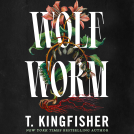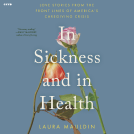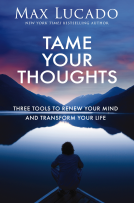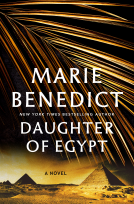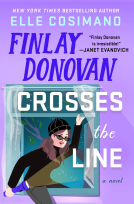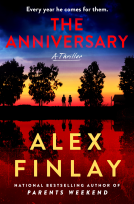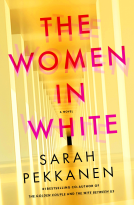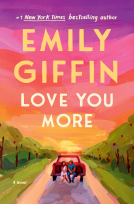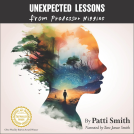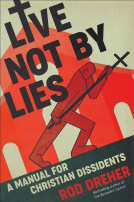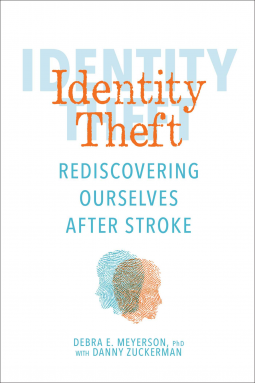
Identity Theft
Rediscovering Ourselves After Stroke
by Debra E. Meyerson; Danny Zuckerman
This title was previously available on NetGalley and is now archived.
Send NetGalley books directly to your Kindle or Kindle app
1
To read on a Kindle or Kindle app, please add kindle@netgalley.com as an approved email address to receive files in your Amazon account. Click here for step-by-step instructions.
2
Also find your Kindle email address within your Amazon account, and enter it here.
Pub Date May 14 2019 | Archive Date May 14 2019
Talking about this book? Use #IdentityTheft #NetGalley. More hashtag tips!
Description
Debra Meyerson and her husband, Steve Zuckerman, have created Stroke Onward (strokeonward.org), a non-profit initiative of the Social Good Fund, to provide stroke survivors, families and caregivers with more resources to help them navigate the emotional journey to rebuild their identities and rewarding lives. Working with experts in the community, Stroke Onward has developed audience-specific discussion guides for survivors (with and without aphasia), care partners, healthcare professionals, and other book groups to deepen and personalize the reading experience (strokeonward.org/bookguides/).
Winner of the 2019 Silver Nautilus Book Award, Identity Theft centers on Debra’s experience: her stroke, her extraordinary efforts to recover, and her journey to redefine herself. But she also draws on her skills as a social scientist, sharing stories from several dozen fellow survivors, family members, friends, colleagues, therapists, and doctors she has met and interviewed. By sharing this diversity of experiences, Debra highlights how every person is different, every stroke is different, and every recovery is different. She provides a valuable look at the broad possibilities for successfully navigating the challenging physical recovery—and the equally difficult emotional journey toward rebuilding one’s identity and a rewarding life after a trauma like stroke.
A Note From the Publisher
We regret that this electronic galley is not available for Kindle viewing.
Available Editions
| EDITION | Other Format |
| ISBN | 9781449496302 |
| PRICE | $16.99 (USD) |
| PAGES | 288 |
Average rating from 4 members
Featured Reviews
 Janet P, Reviewer
Janet P, Reviewer
There are many books out there aimed at folks who have had strokes, but there are few who talk about the deep psychological issues and recovering from them that this book does. Strokes change people's lives overnight. For most who suffer this brain trauma many of the things that define us are gone. That makes reconstructing one's identity a crucial and often overlooked part of recovery.
The author brings her unique perspective as a stroke survivor and as a trained sociologist to this question. Full of interviews with stroke survivors and with her own experience, it's helpful for those recovering from stroke, those struggling with chronic disease, and those caring for them.
 Denice D, Reviewer
Denice D, Reviewer
Debra Myerson had her identity ”stolen” from her. Not by a person, but something more insidious. Ms. Myerson, a professor at Stanford University, suffered a stroke due to a dissected carotid artery. In this book, she shares how she struggled to overcome the effects of the stroke. Ms. Myerson suffered from weakness because of her stroke. But her most debilitating and frustrating effect was her inability to communicate due to aphasia. Ms. Myerson, who published books in her field, lectured at Stanford University and could no longer f talk. The reader follows Ms.Myerson through her recovery as she searches for the silver lining in her situation. In telling her story, she shares her frustrations and triumphs. To illustrate her point, Ms. Myerson shares stroke stories of other people which were compelling. This book has an academic feel to it. The author readily refers to studies and other experts to validate a point. I think this is an excellent book, told with honesty and compassion. I feel stroke survivors and caregivers would benefit from reading this. I really feel this book should be required reading for health care workers caring for stroke survivors. It is rare they get this insight into a stroke survivor's struggles with aphasia
This inspiring book teaches the reader that we can overcome any obstacle that comes our way with persistence. If you are looking to be inspired, or simply looking for a good read, I highly recommend. The writing is good, the topic is intriguing, and the author is relate able.
I was excited to read this book because, while I have not had a stroke, I have personally experienced identity loss due to medical trauma and chronic health problems. It’s an issue that I don’t often see discussed, and I think many people could benefit from reading this book. The author shares her own story of having multiple strokes and her healing journey, as well as sharing other people’s stories. She also cites relevant studies and provides numerous notes and references.
The book was very readable, encouraging, and at times, humorous. I appreciated how the author shared stories that were inspirational as well as stories of people who are struggling to recover. She distills these experiences into practical advice for accepting your new reality and forging a new identity, focusing on “building a better future rather than recovering the past.” I have a better understanding of post-traumatic growth after reading this, and I feel hope that I will be able to create a more fulfilling life.
The author also discusses how relationships can be affected and the need for a support network.
This book will be particularly helpful for stroke survivors, but I think it will be useful for anyone trying to recover from serious illness or injury. It would also be helpful for caregivers, family, and anyone else who wants to understand the psychological challenges faced by survivors.
I was provided an ARC through NetGalley that I volunteered to review.
Readers who liked this book also liked:
Laura Mauldin
Biographies & Memoirs, Nonfiction (Adult), Politics & Current Affairs
Elle Cosimano
General Fiction (Adult), Mystery & Thrillers
Patti Smith
Humor & Satire, Nonfiction (Adult), Parenting, Families, Relationships

